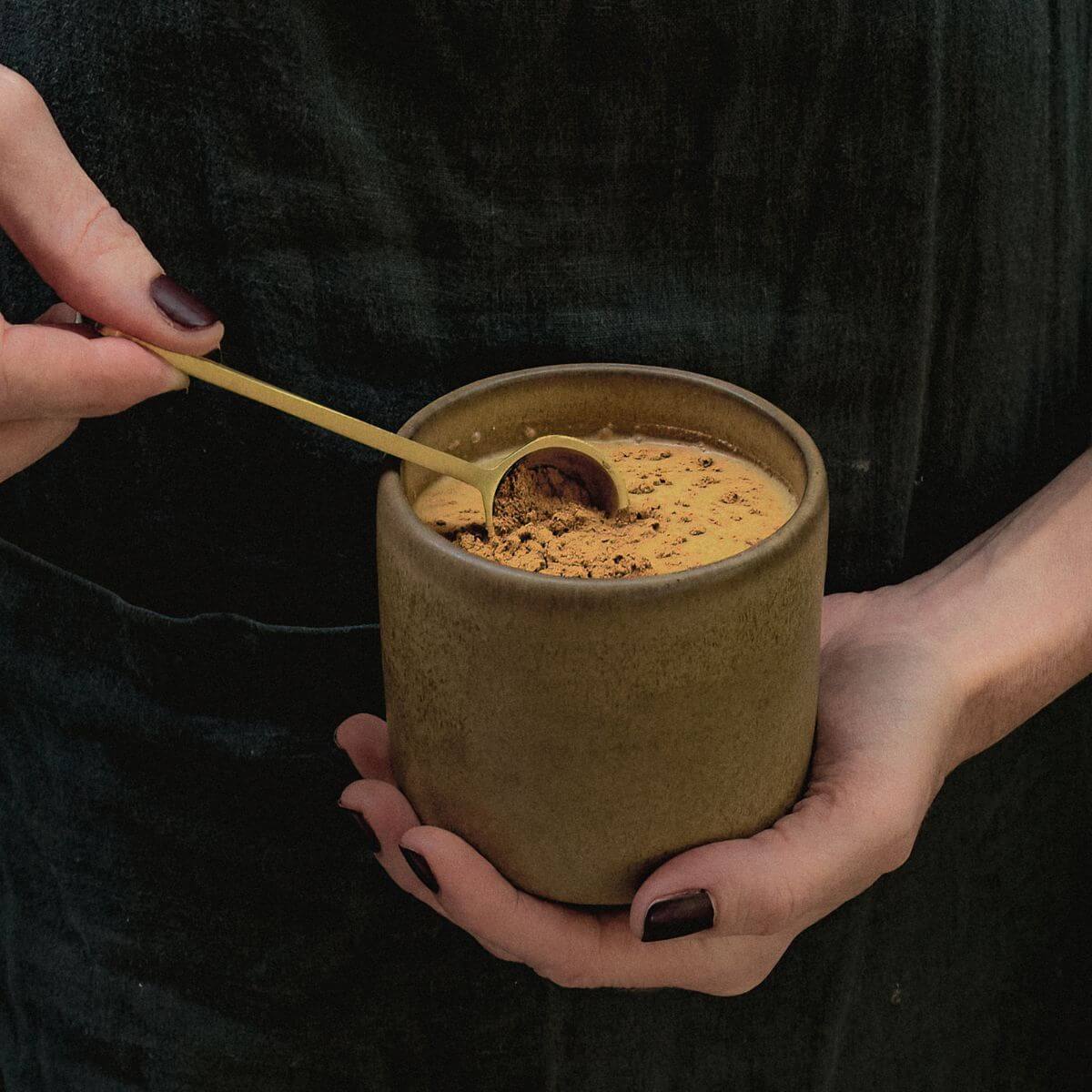DISCOVER OUR CACAO COLLECTION
Consciously created blends of raw cacao powder and functional super herbs that can be made into a gourmet hot chocolate, added to your morning coffee, smoothie or in baking for an added boost.

AWARD WINNING CACAO
A blend of synergy and science. Discover our multi-award winning cacao.



CACAO RECIPES + RITUALS
Be inspired and discover more with our collation of cacao articles, recipes and rituals.



